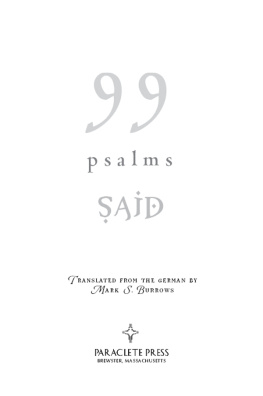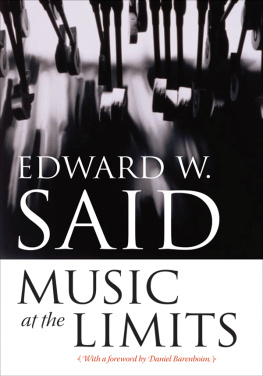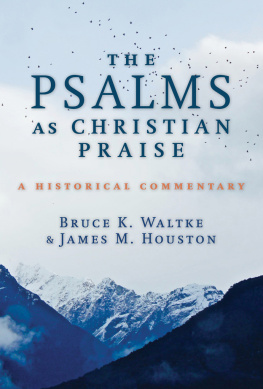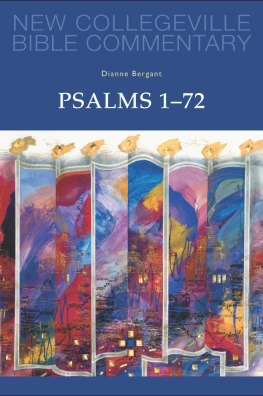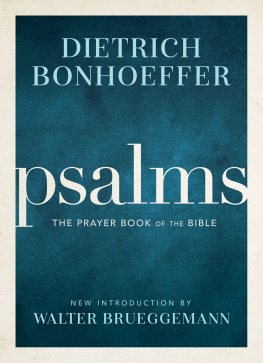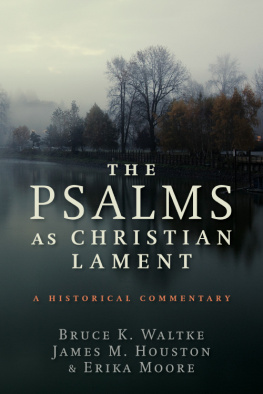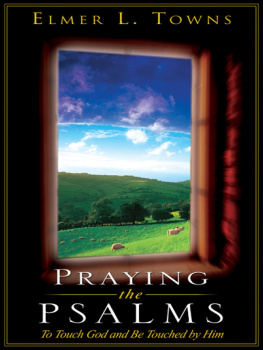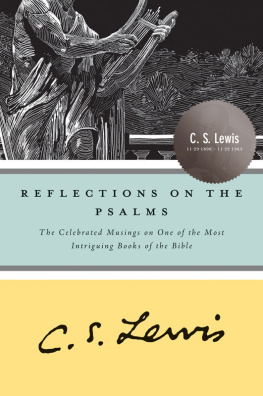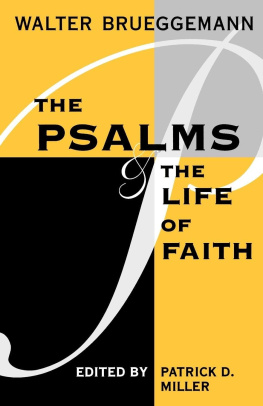in Munich in May 2010.
Afterword
I first met the author of
Psalmen in Munich in May 2010.
The occasion was the second ecumenical Kirchentag, a massive gathering sponsored by the Roman Catholic Church and the Protestant Church of Germany (EKD). This event brought together some 130,000 people for four days of activitieshundreds of lectures and workshops exploring current issues in church and society as well as a dizzying array of theatrical and musical performances imbuing the whole event with the atmosphere of carnival. My initial encounter with SAID occurred at a poetry reading held in conjunction with this event, staged in the old city hall on a dreary, rain-soaked night. Despite the weather, an expectant audience assembled in the spacious ceremonial hall, filling every available seat and leaving a large crowd stranded outside in the corridors and stairways. Above us, brightly painted shields ornamented the wooden ceiling, each representing one of the towns or cities of the medieval Bavarian kingdom. Outside in the Marienplatz, a large crowd had assembled for a concert, again despite the weather; the sound of brass and drums was faintly audible within the hall.
The massive leaded glass windows that rose from eye level to the top of the vaulted room sparkled from the hundreds of lights strung from poles throughout the square. It was a festive moment, to be sure. The reading featured contributors to a volume of poems commissioned for this mass event titled Die Hoffnung fhrt schwarz, which literally means hope rides black. The phrase borrows a familiar German idiomschwarz fahren, or riding blackdisparaging those who use public transportation without paying the proper fare; a colloquial English rendering of the metaphor might be something like hope cheats the system. This description of hope as a freeloader would startle most Germans, which was undoubtedly what the organizer of this event and editor of the volume of poems it yielded had in mind. Yet such a claim is no stranger or less suggestive than Emily Dickinson's description of hope as the thing with feathers That perches in the soul That sings the tune without the words And never stopsat all Both images remind us that hope comes to us without cost and often unexpectedly; each suggests that it violates the rules of decorum, another instance when necessity trumps propriety as the mother of invention.
Hope can be edgy, impetuous, even irreverent, somehow finding its way to the soul that desires it. As the evening progressed, each of the contributing poets came to the stage to read from their work. When SAID's turn came, I noticed that he approached the podium with a thin volume in hand and read half a dozen short poems from what turned out to be his recently published Psalmen, or Psalms. One could sense the audience leaning forward to receive his words, his voice both firm and gentle as he read. The psalms he chose, like others in this volume, were blunt, vivid, and often startling in their language and imagery. None betrayed any trace of sentimentality.
Each took shape in the depths of experience, finding an immediate resonance with the audience. The fierce directness of their language conveyed a marked impatience with intolerance, probing the ambiguities of life with an unflinching honesty in order to remind usif we had forgottenthat purity isn't the sister of truth and asking the lord to give pardon/ because the human is an unwarmed being. [] These are psalms that cry out against the confidence of zealots, with their claims of righteous authority over otherscrusaders, campaigners, and jihadists alike. Though I did not know these psalms and had never met SAID before that evening, his reading struck something deep within me, an experience clearly shared by others in the audience. Particular lines and images settled in my mind as I listened, as if the words were familiar to me though I'd not heard them before. At the conclusion of the reading, I approached SAID to thank him for the reading and asked in the rush of the moment if he would consider my translating several for publication in English.
Without hesitating he signed the volume with a stubby pencil he took from his pocket, and gave it to me with a simple word of encouragement. It was the beginning of a collaboration that has led to this publication of what he referred to from the start as our psalms. Like the biblical Psalms, those found in this volume allow us to overhear a kind of one-sided conversation with the LORD, one that both reveals what we hold true about ourselves and portrays what we believe about the one we call God. SAID's choice of lines from the Chilean poet Gabriela Mistral as an epigraph for this collectionfor I am freeing you from cruel gods, / and we're going to a god who belongs to usthe shape of our fears and hopes, our doubts and convictions, weaving in this mix of sentiment an indivisible strand of experiencewhich is to say that we are never either righteous or unrighteous, either right or wrong, but rather always an ambivalent mixture of the two. This leads him to ask the lord to be done with the pious who stand in our way because they stress only what divides [] At every turn, his psalms speak of a unity deeper than what distinguishes us from each other, a conviction expressed in the psalm in which he asks the lord to dwell within my stillness until you and i decipher the demeanor of the outcasts [] His own biography embodies this experience. SAID was born and raised in Iran, and though he initially came to Germany in 1965 to study engineering, he stayed to become a writerin a language new to him as an adult.

